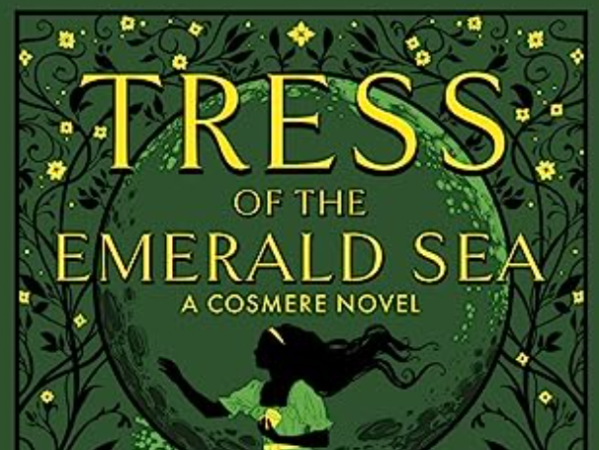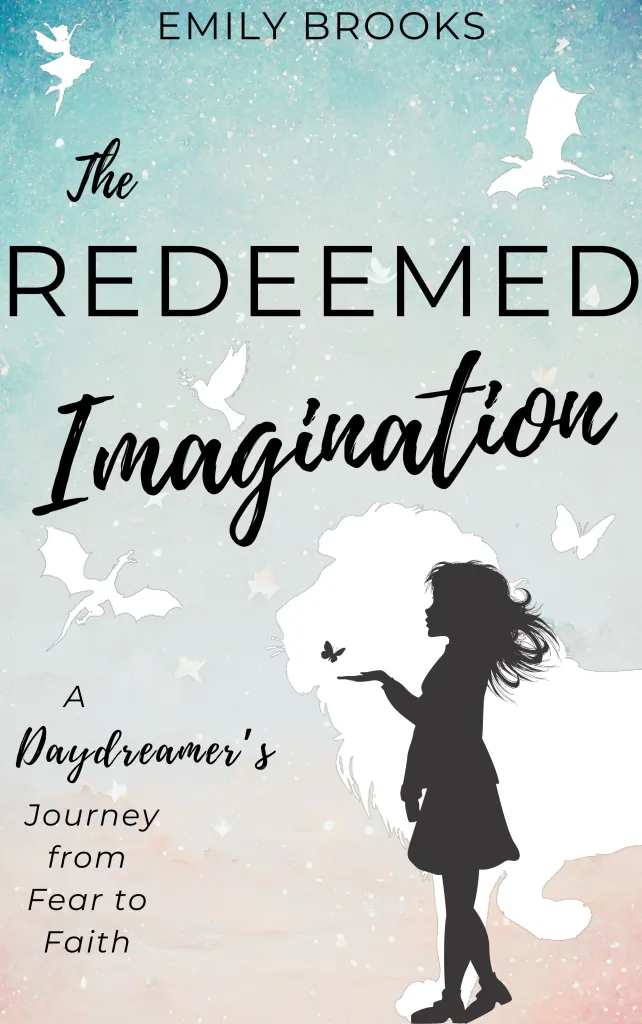We’ve all seen a Christian film that—while it may beautifully portray a redemptive story—fails to feel realistic to the actual Christian walk. Just knowing that it’s fictional may make us question if God would actually work that way, or if things would really be tied up so neatly. Many revolve around Deus ex machina in the most literal sense.
Side note: I think this is why fantasy is so popular for Christian fiction authors. We can tell stories about faith as though through a stained-glass window. As Emily Dickinson wrote, “Tell the truth, but tell it slant.”
While there are beautiful stories being told by Christians, biopics have a unique role. They are true, or at least inspired by true events, and so we don’t have to suspend our disbelief. We still see redemption and powerful storylines without the writer inserting their own version of the Deus ex machina.
When we tell true stories, we reveal what God has done in a real person’s life, and that is powerful. Before you think I’m suggesting that we don’t write fiction at all, look for next week’s post, “How to write powerful Christian fiction without abusing Deus ex machina.”
SIGHT (2024) tells the story of Ming Wang, an eye surgeon in Nashville known for his revolutionary work in healing vision. I, like many Nashvillians, have been familiar with Wang for a long time, seeing billboards for Wang Vision Institute and the “Eyeball” events. But I didn’t know just how extraordinary his life was, or how his tragic past fueled his passion for restoring people’s vision.
The film doesn’t have an overtly Christian message. It simply includes Christian characters who live as Christians do. Yet the story reveals the power of God to heal our souls and restore our spiritual sight.
A powerful story, it also is another example of how Christian filmmaking has leveled up in quality of acting, cinematography, music, and editing. The film is beautifully shot, with great acting from Terry Chen (House of Cards, Jessica Jones, The Last of Us), Ben Wang (American-Born Chinese), Greg Kinnear (Little Miss Sunshine, As Good as It Gets), and more.
If you can’t tell, I loved this film.
I was thrilled to see several trailers for more biopic films coming out, including THE FIRING SQUAD (2024), BONHOEFFER (2024—SO EXCITED), and SOUND OF HOPE: THE STORY OF POSSOM TROT (2024). I look forward to seeing more inspirational films about real people that are high quality.
Now, on my podcast Write Better Together, we recently talked with screenwriter Bob Sáenz about writing real-life stories, and he mentioned that screenwriters have to be willing to alter true events to tell a good story. I agree, as I learned this in my memoir classes as well. So, SIGHT may include some alterations (no one can remember exactly what someone said, for instance), though I believe the story was as accurate as possible (unlike another recent film I won’t mention).
Storytellers must know how to structure stories, true or not, in a way that is compelling, that keeps up pacing, and that skips “the boring stuff.” I know for certain that the film BLUE MIRACLE (2021), for instance, changed a few of the character’s decisions and actions to raise the stakes.
In the same way, storytellers must sometimes dramatically “show” psychological change and thematically significant moments that may not have happened exactly that way. I’m not sure that the real Wang actually “saw” apparitions of his childhood friend Lily as portrayed in the film. But adding these highlighted the psychological effects on Wang and how he changes throughout the film.
Similarly, they filmmakers might dramatize dialogue, settings, or character action to add more punch to the most important moments of change.
The film also uses symbols like Wang’s Chinese violin to represent his growth. Wang may not have realized at the time how important the violin was to his story or how it symbolized his growth, but the writers did, and they used it masterfully to show the audience how Wang had changed.
Was Wang actually the one forced to the front of his class by a Red Guard? If not, then this choice ensured that Wang’s character was the center of attention in that scene. What matters is that essence of the stories and the character’s emotions are genuine.
That said, writing true stories can be a little messy, and SIGHT has some of those moments where the transitions are jarring, probably because they had to trim the movie down from its original length. But, for the most, part, it moves smoothly between his past and present, showing how each is shaped by the other, which is significant to the film’s themes.
Telling true stories is hard. You have to get the details right while also knowing what you should change to strengthen the message. You have to know where to start and where to end. In many ways, you have to learn how to make truth less strange than fiction so that it feels as real as it is.
I loved SIGHT and am excited to see more biopics about Christians that show God working in real people’s lives.
If you liked this and are interested in writing Christian fiction or nonfiction, be sure to check out part two, “How to write Christian fiction and nonfiction without abusing Deus ex machina.”















Leave a comment